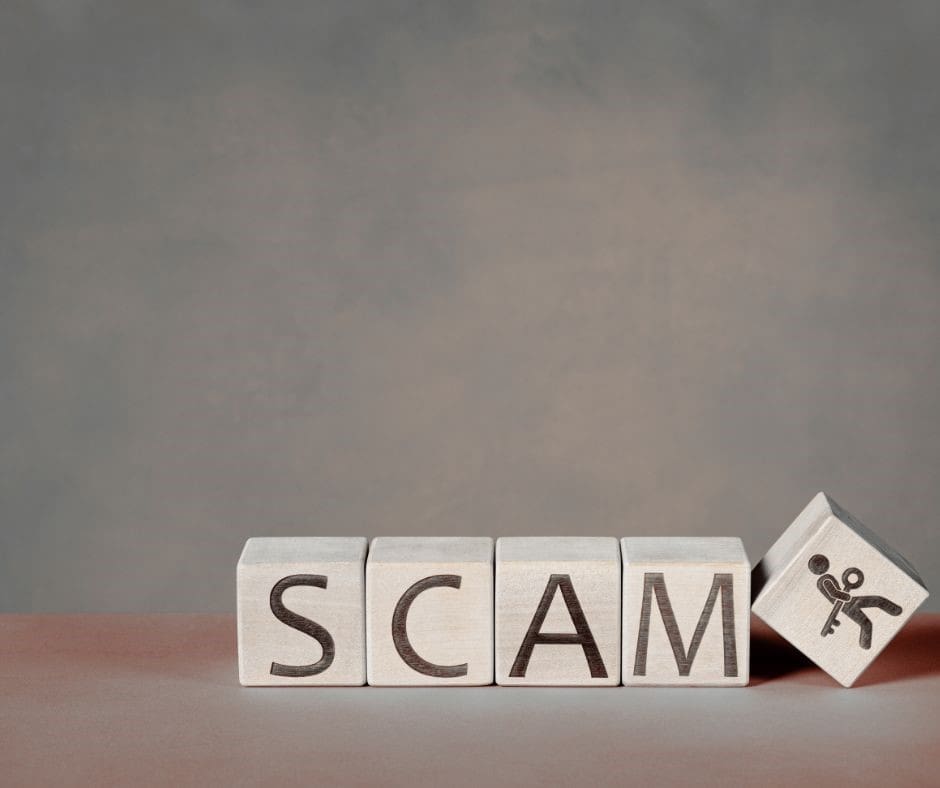By Trish Svoboda
On March 29, the Internal Revenue Service initiated the yearly Dirty Dozen list, cautioning taxpayers to stay alert of evolving phishing and smishing scams aimed at stealing confidential taxpayer data.
As email and text scams persistently target taxpayers, the IRS and the Security Summit partners caution both individuals and businesses to stay alert. Scammers and identity thieves aim to deceive the recipient into clicking on a suspicious link, providing personal and financial details, or installing malware on their computer.
“Scammers are relentless in their attempts to obtain sensitive financial and personal information, and impersonating the IRS remains a favorite tactic,” said IRS Commissioner Danny Werfel. “People can be anxious to get the latest information about their refund or other tax issues, so scammers frequently try using the IRS as a way to trick people. The IRS urges people to be extra cautious about unsolicited messages and avoid clicking any links in an unsolicited email or text if they are uncertain.”
Initiated in 2002, the IRS’ yearly Dirty Dozen campaign lists 12 frauds and schemes that jeopardize taxpayers, businesses, and the tax professional community, exposing them to potential losses of money, personal information, data, and more. Although the Dirty Dozen is neither a legal document nor an official record of agency enforcement priorities, this educational initiative aims to heighten awareness and safeguard taxpayers and tax professionals from tax scams and schemes.













